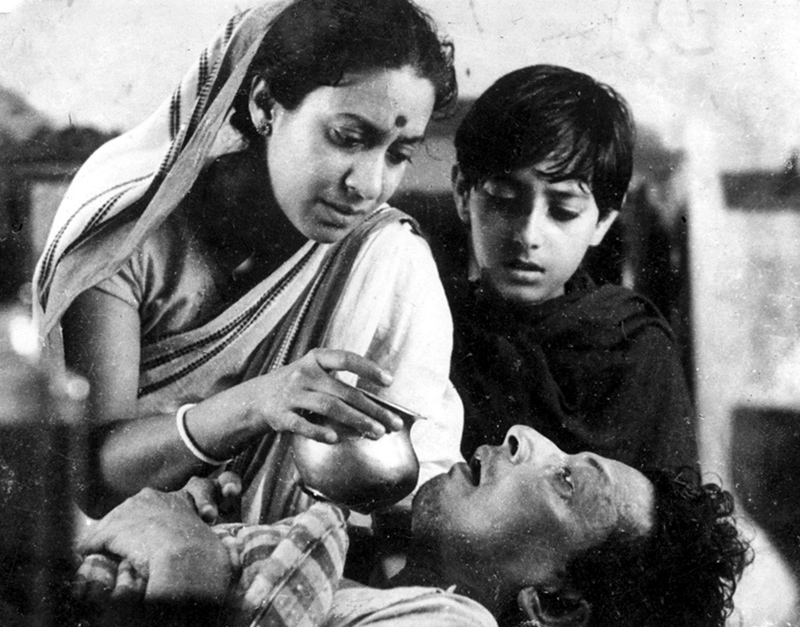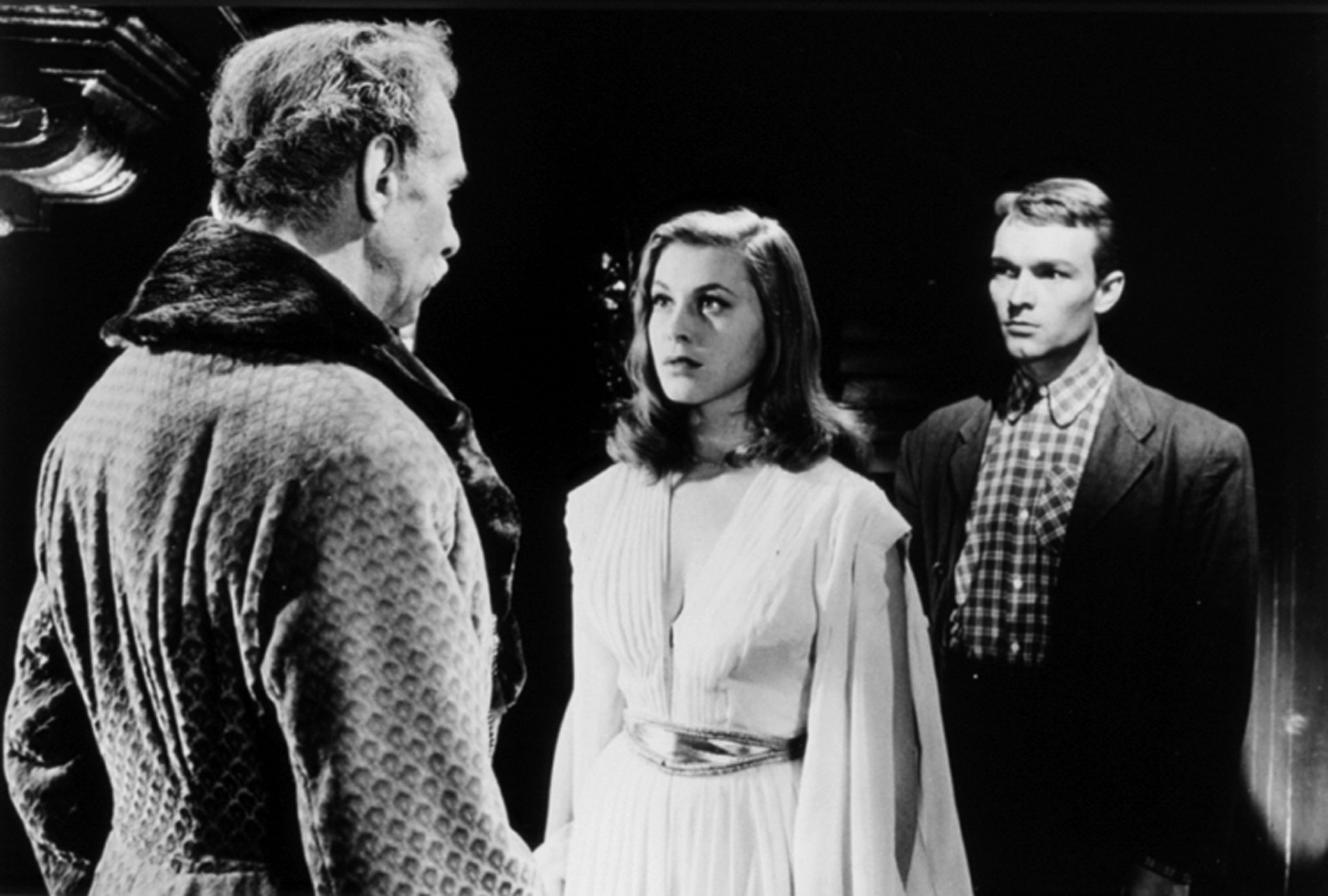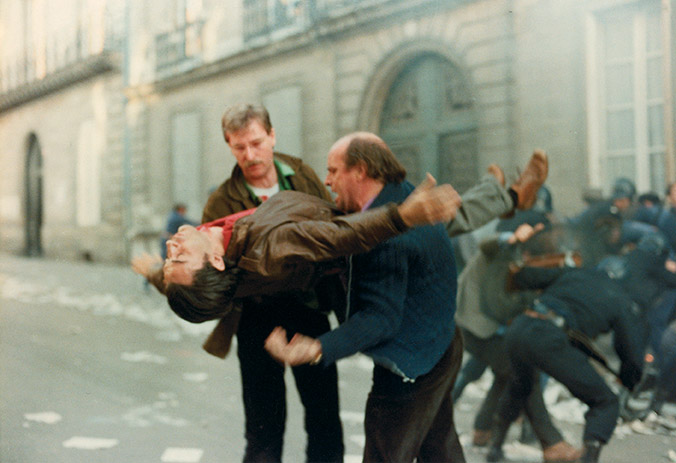영화 정보

The Housemaid
Special Programs in Focus
Family · Urbanization · Crime/Violence · Love/Romance · Social Criticism · Suspense/Mystery · Martial Arts · Revenge · Psychology · History · Family/Child · LGBTQ+ · Travel/Road Movie
- CountryKorea
- Production Year1960
- Running Time108min
- Format Film(35mm)
- ColorB&W
Program Note
Made around the same time as Michael Powell’s Peeping Tom and Hitchcock’s Psycho, Kim Ki-young’s weird classic has a mood and neo-gothic visual stylings to rival either of them. It has roots in sociological observation — the migration of young women from the provinces to work in factories on the outskirts of Seoul, the bourgeois ambitions of the new middle class — but it focuses almost fanatically on questions of sex, psychology and morality. Shot mostly on studio sets, it builds an atmosphere of escalating hysteria by limiting itself to a few key motifs — a piano, rat poison, a pedal-operated sewing machine, a staircase — and framing them in compositions that delineate spaces and boundaries with near-geometric precision.
There is something disturbing from the start about the choice of Kim Dongshik’s family to represent the newly aspirational middle class of 1960. Kim himself (played by Kim Jin-kyu) works as a music teacher to dormitory girls employed in a textile factory; his wife supplements their meagre income by slaving away at home-sewing jobs, and she is the one who has set her heart on building a new two-storey house. Why do they want a two-storey home when their elder child, a daughter, has had polio and can walk only with crutches? And why do they barely reprimand their younger child, a son played by a very young Ahn Sung-ki, when he verbally and physically abuses his sister? And why are they now going for a third child? None of those questions can be answered by the word “patriarchy.” Kim is the weakest and most ineffectual of men, incapable of resisting seductive overtures from determined young women and even less capable of taking control in difficult situations.
The downfall of this household comes about through the hiring of a maid, played by the remarkable Lee Eun-sim as an unsophisticated woman skilled at manipulation and governed by her solipsistic desires for sex, death and cigarettes. It is a tale of illicit sex, expedient murder, rampant jealousy and class resentment in which all the key twists and turns take place on or beside the fateful staircase. At the end Kim Jin-kyu steps out of character with a wink to urge the audience to take the story as cautionary. But the convoluted plotting meshes with the mise en scène to produce a drama that touches authentic derangement. The film prefigures and predicts Fassbinder’s Bitter Tears of Petra von Kant. (Tony RAYNS)
Director


KIM Ki-Young
Born in Seoul in 1922. After making his debut with the film The Box of Death (1955), he directed around 30 films including Servant Girl (1960), Woman of Fire (1971), and Chungnyeo (1972). His filmic world came into focus when the 2nd BIFF presented a retrospective about him. In 2010, his film Servant Girl was digitally restored and remade into a new version: The Housemaid by director Im Sangsoo.
Photo


Credit
- Director KIM Ki-Young 김기영
- Cast Eun-Shim Lee, Jeung-Nyeo Joo, Jin-Kyu Kim
- Screenplay Ki-Young Kim
- Cinematography Duk-Jin Kim
- World Sales
Korean Film Archive
kofa@koreafilm.or.kr
































